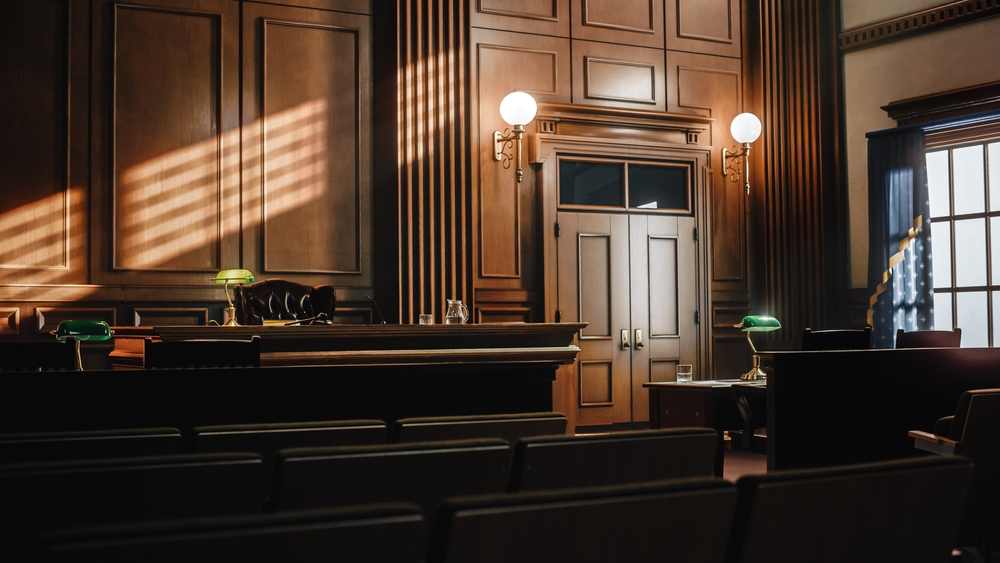
While some Americans may wonder why they are asked to perform jury duty, juries are an indispensable part of ensuring fairness in trials. Yet, although the Sixth Amendment to the U.S. Constitution promises a public trial by an impartial jury, this promise is a false one for many Black people charged with crimes.
During jury selection — a process known as “voir dire” — both the prosecution and defense can strike potential jurors they believe are unfit to serve. Attorneys can justify a juror strike using several reasons, including citing biases that might cloud an individual’s ability to provide a fair verdict. These strikes are called challenges for cause. However, attorneys on each side are also given a set number of peremptory challenges where they are not required to explain why they’d like a specific juror struck from the roster. While peremptory challenges are limited, prosecutors often abuse this process to strike Black jurors — particularly when the defendant is Black — even though it’s illegal to strike a juror based on their race or ethnicity.
In one of the most egregious and infamous examples of this kind of systemic discrimination, former Mississippi District Attorney Doug Evans struck Black jurors 4.4 times more frequently than white jurors over the course of his nearly 30-year career. Under Evans’ authority, defendant Curtis Flowers, who is Black, faced six trials for the same charge, each resulting in a hung jury or a reversed conviction due to prosecutorial misconduct. During those six trials, Evans removed 41 of 42 potential Black jurors and struck them 20 times more frequently than white jurors.
When Flowers’ case was brought to the Supreme Court, LDF filed an amicus brief condemning the exclusion of Black Americans from a crucial part of the democratic process. In 2019, the Supreme Court reversed Flowers’ conviction and condemned Evans’ use of racist peremptory strikes, instituting protections against striking potential jurors based on race.
“The Flowers story is a powerful reminder that discrimination is alive and well in the criminal legal system right now. We cannot pretend it’s some sort of unfortunate chapter from American history that we’ve now moved beyond,” remarks LDF Deputy Director of Litigation Chris Kemmitt. “It continues to pervade our criminal legal system — and not just implicit bias, but open, naked racism.”
Kemmitt adds, “The Flowers trials also illustrate just how important it is to stop prosecutors from using their peremptory challenges to target and remove Black prospective jurors. Even though the state’s evidence against Curtis Flowers was weak and unconvincing, every time the district attorney was able to remove all of the Black jurors or all but one of the Black jurors, the jury voted to convict despite the lack of evidence. But any time the jury had two or more Black jurors, some of those jurors followed the evidence and voted to acquit.”
This post was originally published on this site be sure to check out more of their content.






